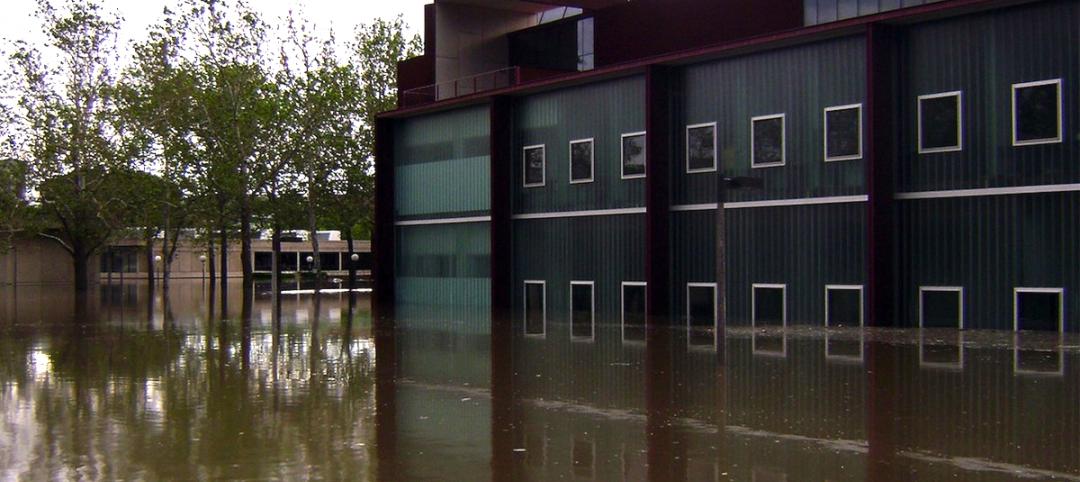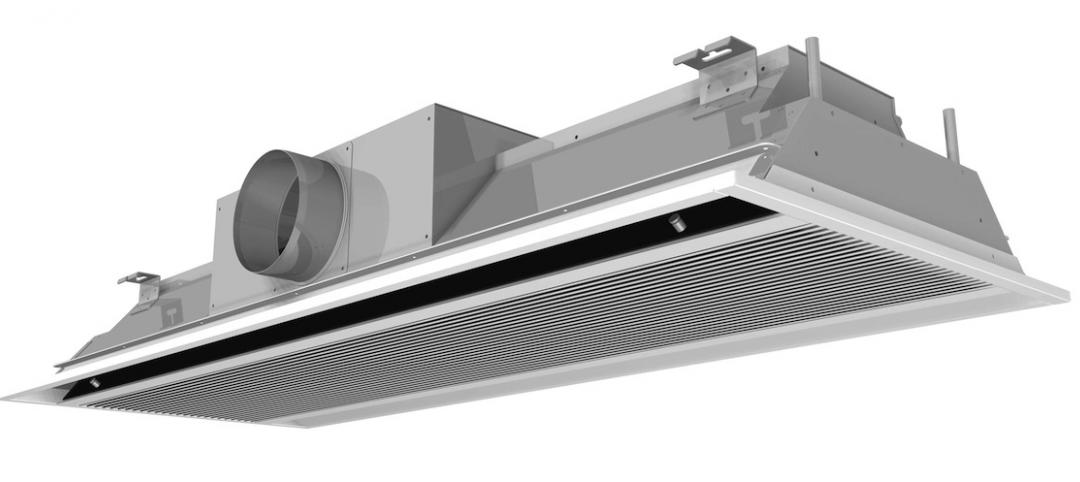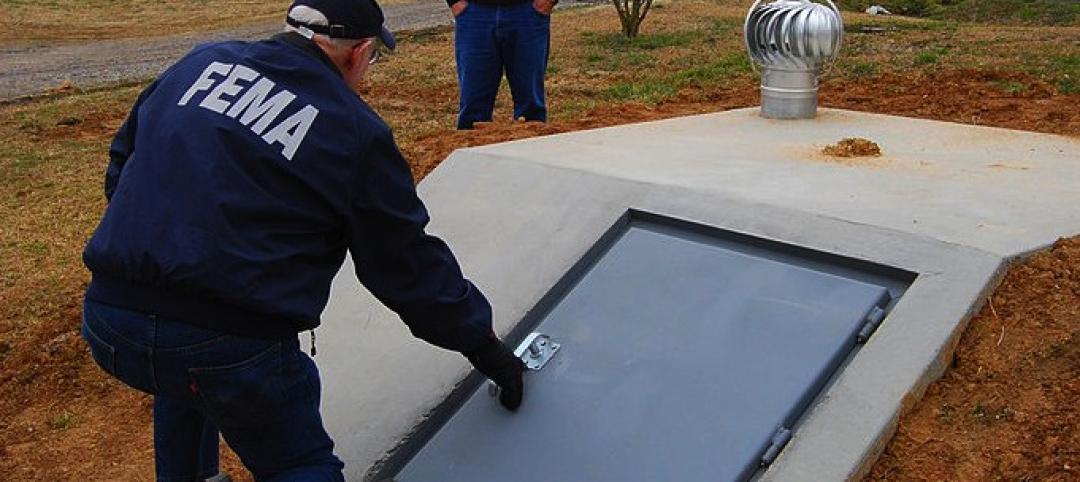The recently released Wi-Fi standard, IEEE 802.11az enables more refined and accurate indoor location capabilities.
As technology manufacturers incorporate the new standard in various devices, it will enable buildings, including malls, arenas, and stadiums, to provide new wayfinding and tracking features. The previous standard yielded Wi-Fi location accuracy of 1-2 meters, while the new standard raises accuracy to less than 0.1 meter or about 4 inches.
Applications are expected to use this technology by:
- Providing more accurate indoor navigation. In a retail store, for example, a consumer could use an application to navigate through a store, as is used in vehicles to map a travel route, from the entrance to the desired product.
- Enablement of micro-targeting for retail and warehouse asset tracking. A store worker could use a mobile app to track products on shelves, in the stock room, and in a warehouse. A retailer could also leverage usage data from its customers’ shopping apps—such as their movements on the retail floor—to derive analytics and serve relevant ads to the user.
- Improved scalability will allow hundreds of devices to connect at the same time in dense environments, such as shopping malls, arenas, and stadiums where large numbers of users are actively co-locating with Wi-Fi simultaneously.
- Secure, authenticated, and private positioning. Proper authentication can be confirmed when you are within inches of two devices. This could be used, for example, to unlock an interior door via a smart device. Other applications could be the use of a smart device to make payment at the point of sale or using it to facilitate an ATM transaction.
Related Stories
Codes and Standards | Feb 6, 2015
Obama executive order requires federal construction projects to consider flood damage caused by climate change
To meet the new standard, builders must build two feet above the currently projected elevation for 100-year floods for most projects.
HVAC | Feb 6, 2015
ASHRAE, REHVA publish guide to chilled beam systems
The guide provides tools and advice for designing, commissioning, and operating chilled-beam systems.
Codes and Standards | Feb 2, 2015
AGC working with EPA on website to help with environmental rule compliance
The goal is for the site to be improved to make it easier for construction contractors to learn how to comply with federal and state environmental guidelines.
| Jan 9, 2015
New law mandates storm shelters in Illinois schools
An Illinois law took effect on Jan. 1 that requires all new and remodeled schools to have storm shelters.
| Jan 8, 2015
Gundersen Health System says it is nation’s first net-zero healthcare network
Gundersen Health System, a network of hospitals, medical clinics, and nursing homes in Wisconsin, announced that it is producing more energy than it consumes, making it the first net-zero energy health system in the U.S.
| Jan 2, 2015
Standards groups join forces to spur more sustainable parking facility design
The International Parking Institute, Green Parking Council, and Green Building Certification Institute have joined forces to promote the design of more sustainable parking facilities.
| Dec 23, 2014
Dunkin’ Donuts launches green building certification for its restaurants
Dunkin Donuts has launched a green building certification program to help franchisees build sustainable, energy-efficient restaurants.
| Dec 23, 2014
EPA releases WaterSense draft specification for flushometer-valve toilets
The U.S. Environmental Protection Agency's WaterSense program has released a draft specification for water-efficient flushometer-valve toilets.
| Dec 23, 2014
American Iron and Steel Institute publishes design guide for new profiled steel diaphragm panels standard
The American Iron and Steel Institute (AISI) published AISI D310-14, “Design Examples for the Design of Profiled Steel Diaphragm Panels Based on AISI S310-13.”
| Dec 18, 2014
ASHRAE/IES energy standard could become more applicable for global use
A proposed addendum to ANSI/ASHRAE/IES Standard 90.1-2013, Energy Standard for Buildings Except Low-Rise Residential Buildings would make the standard more applicable for use around the world.












